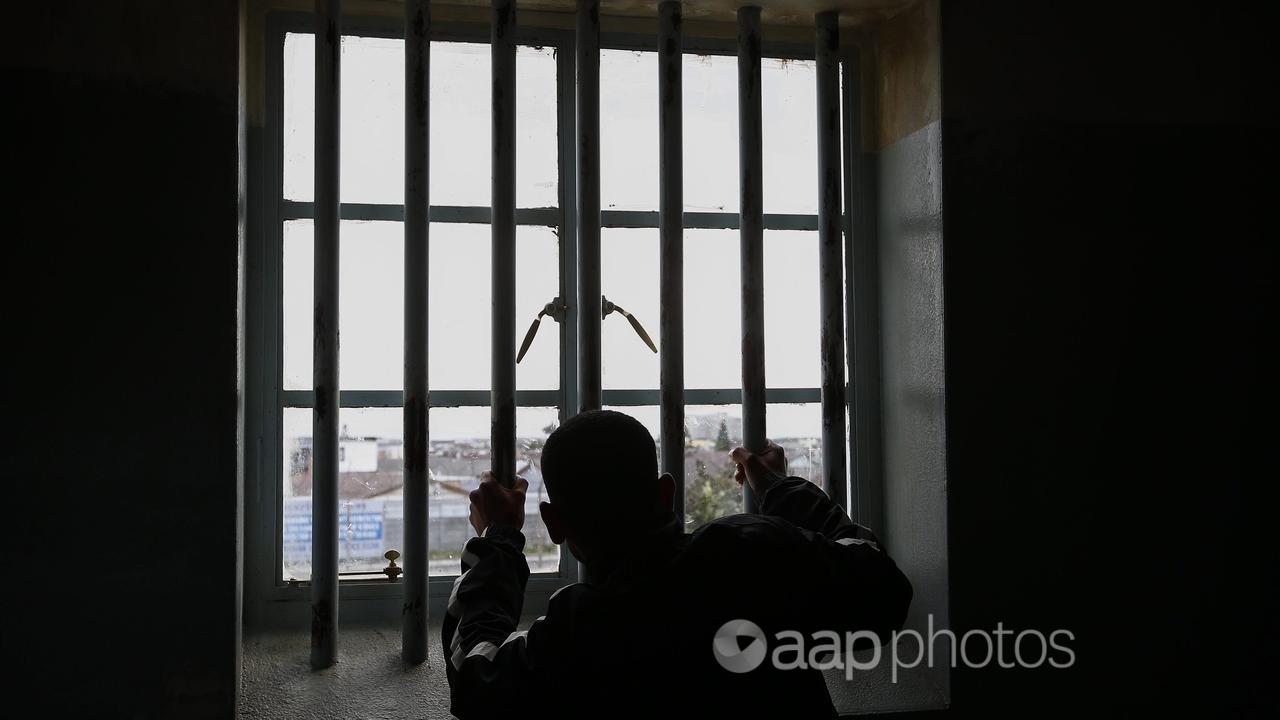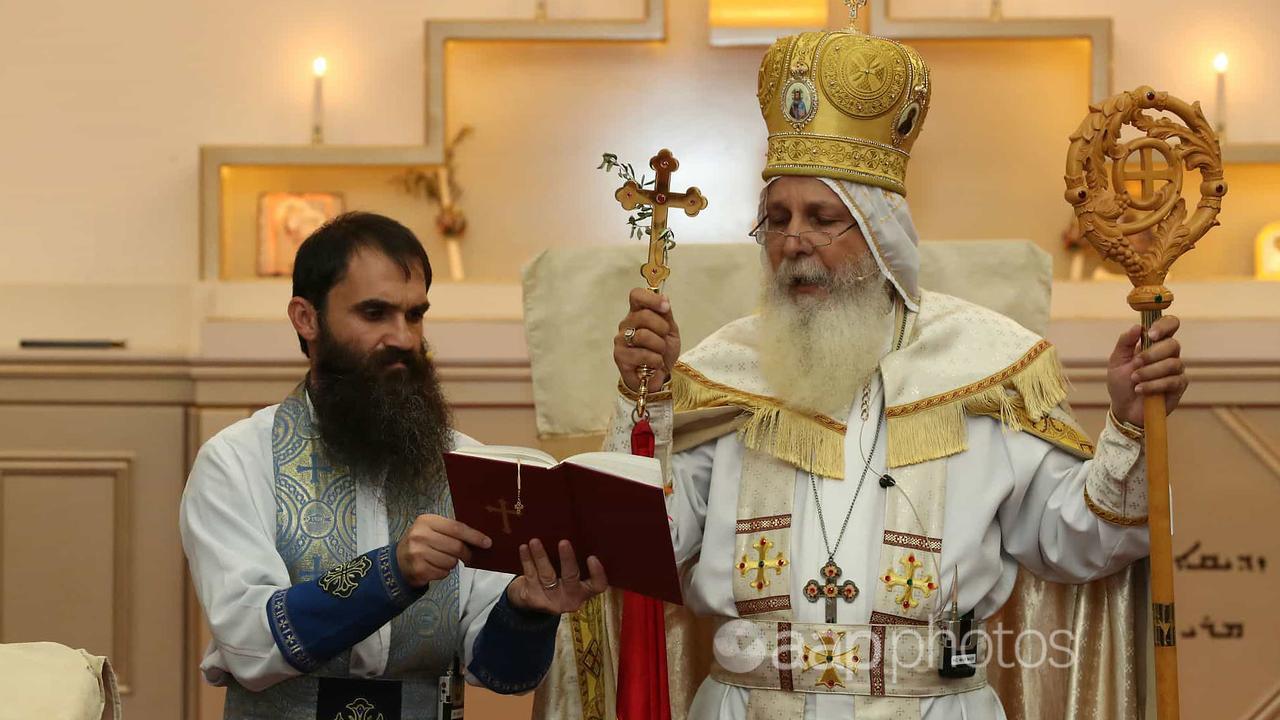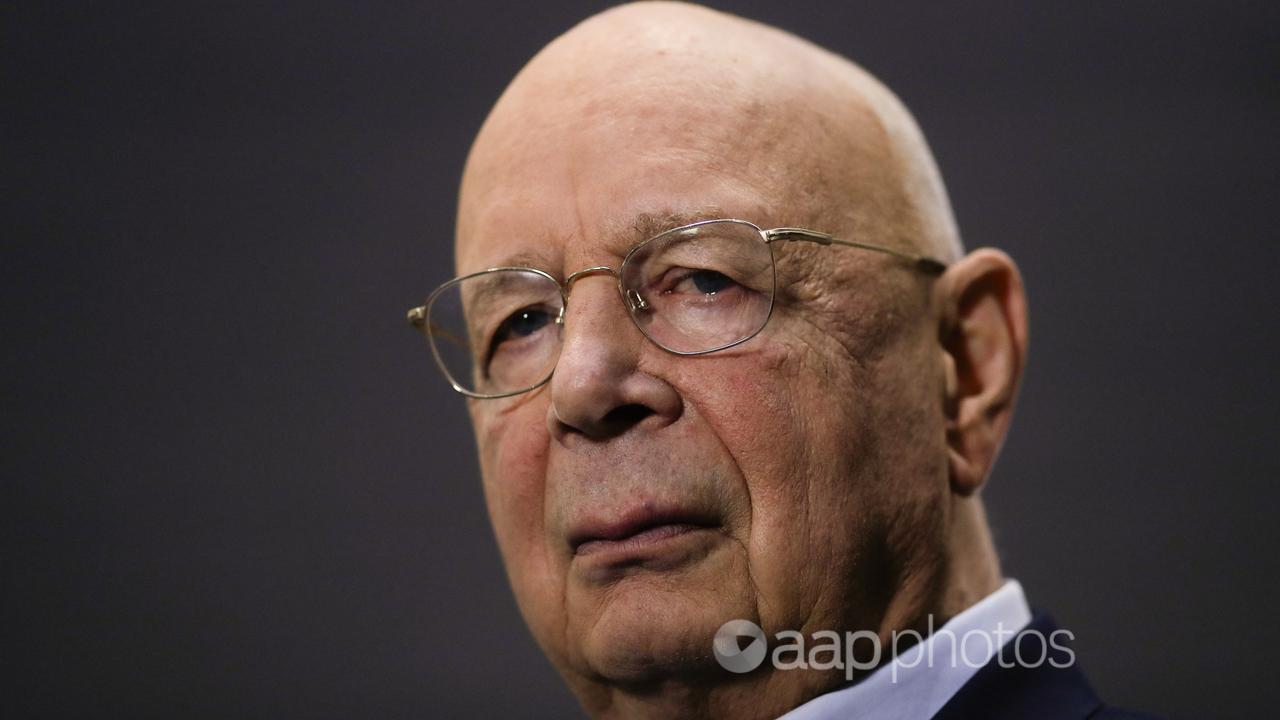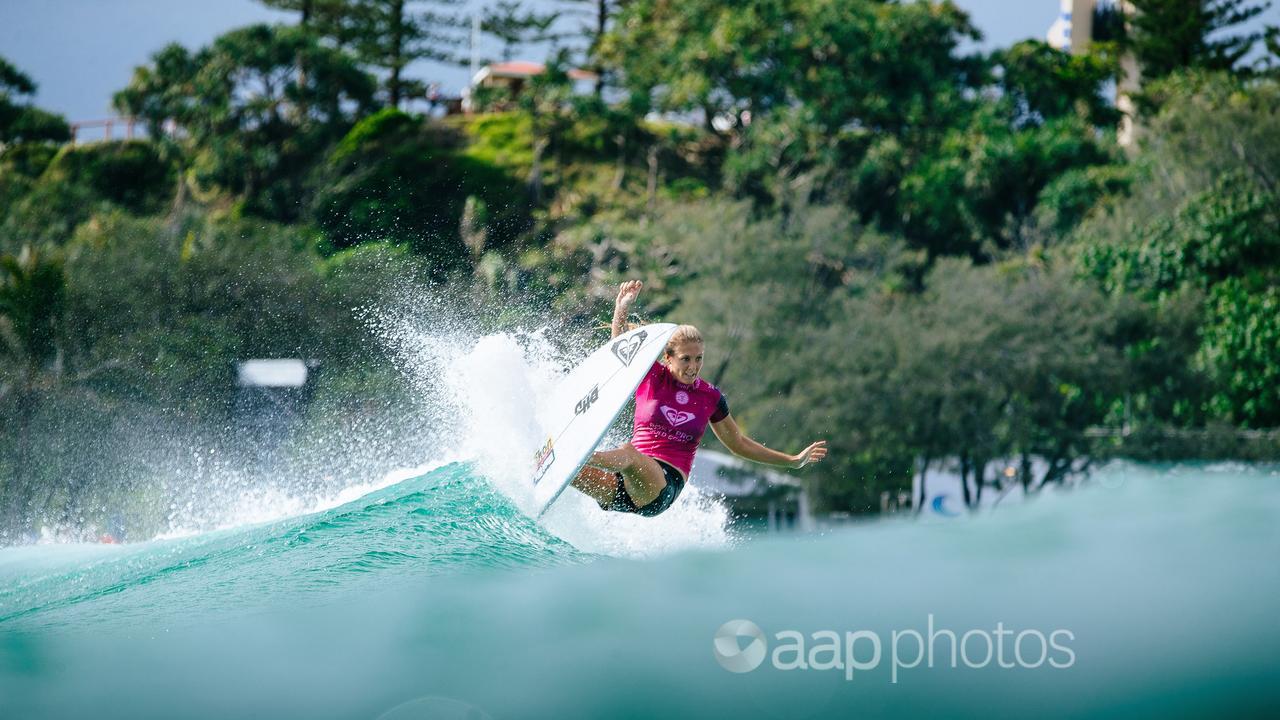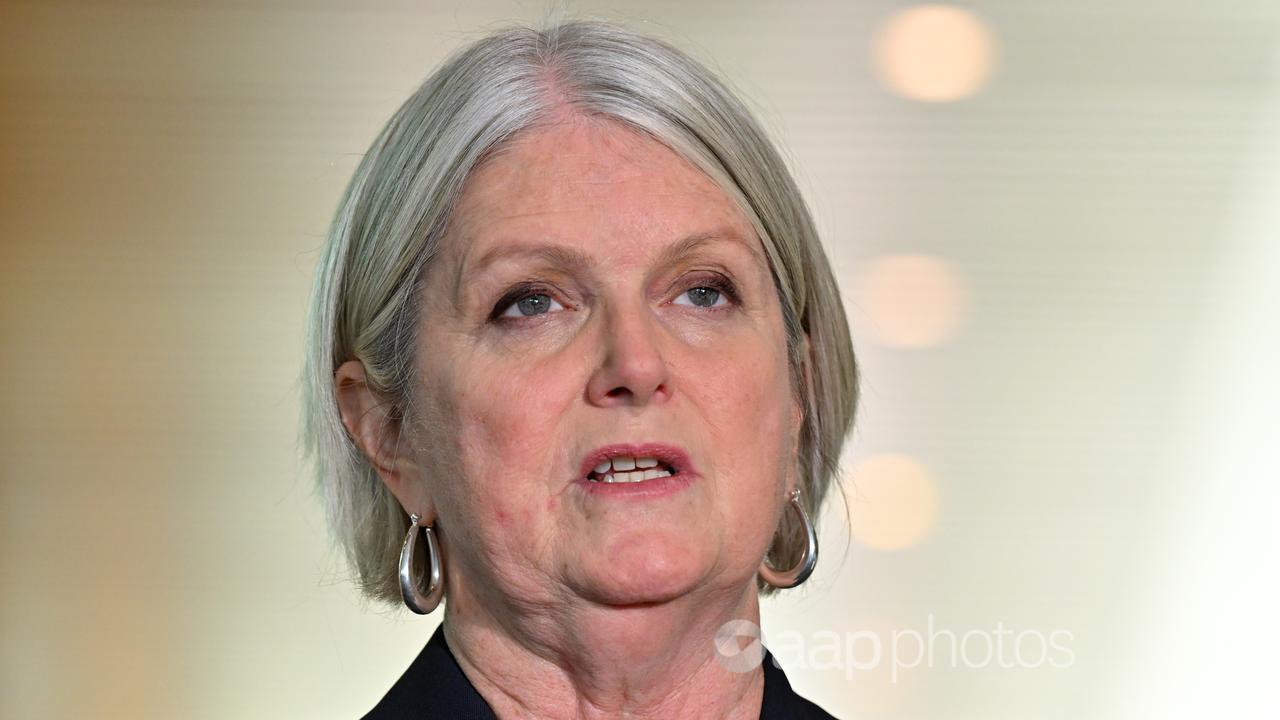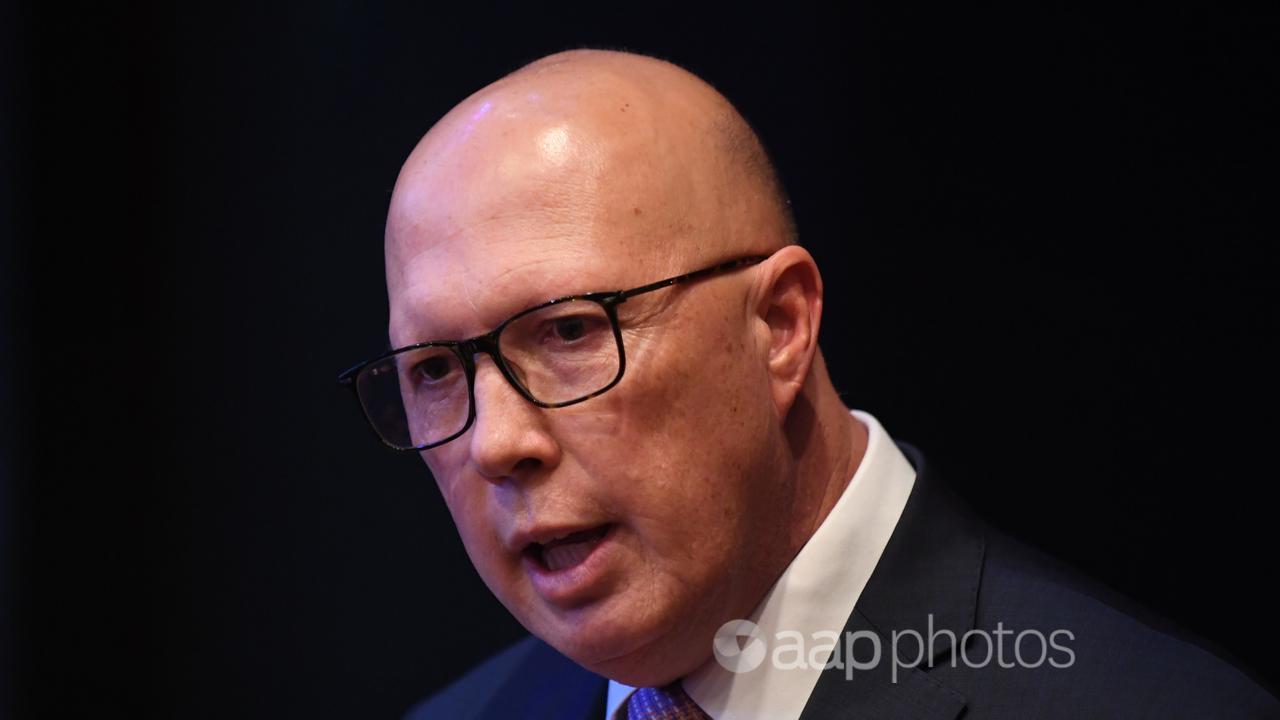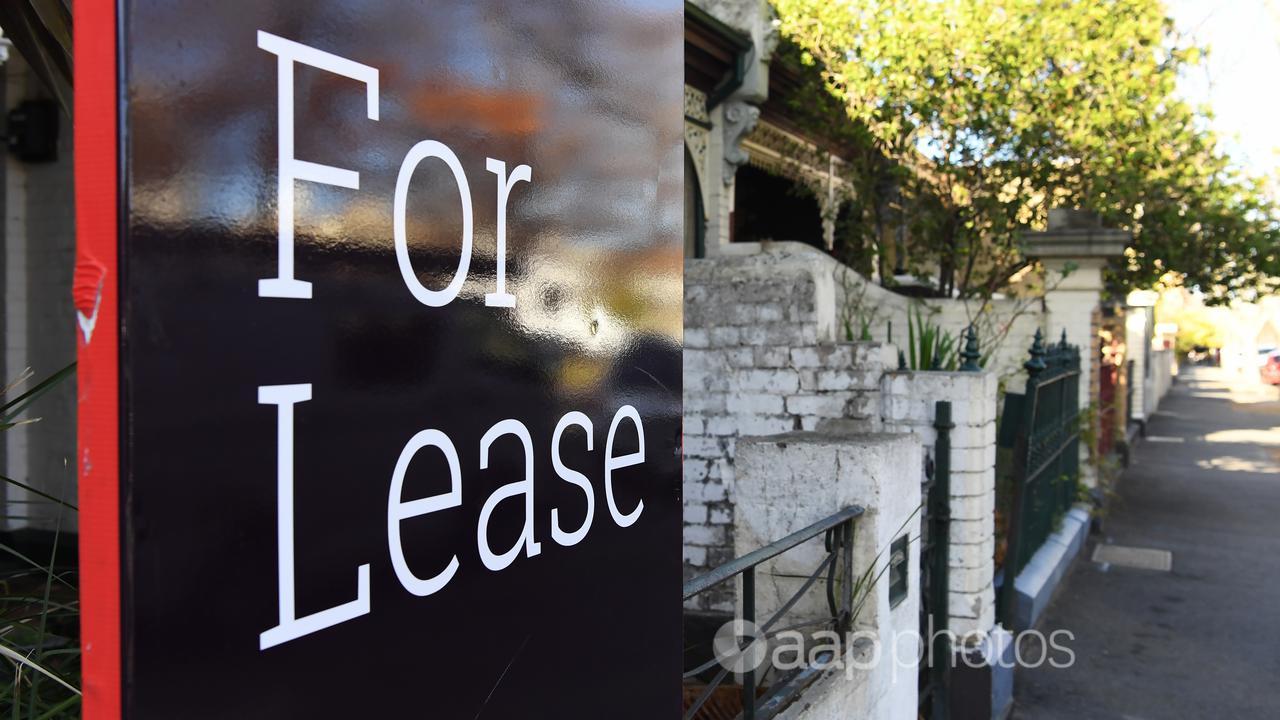AAP FactCheck Investigation:
Has the New Zealand economy lost a combined $21 billion in exports from tourism and international students?
The Statement
“We’ve lost $21 billion in exports from international tourism and international students just by itself.”
Judith Collins, National Party leader, September 30, 2020.
The Analysis
National Party leader Judith Collins claims the country has lost $21 billion in exports from international students and tourists, and the country needs to invest in developing the tech sector to revive the economy.
New Zealand’s borders were closed to everyone except residents and citizens on March 19 to prevent the spread of COVID-19, blocking tourists and international students from entering the country.
The move has devastated the two sectors, and the government has responded by providing more than $50m to prop up education institutions and $400m to help the tourism industry.
During the Newshub Leaders Debate on Wednesday September 30, Ms Collins and Prime Minister Jacinda Ardern were both asked how the country could capitalise on its COVID-19 response to “push NZ forward”.
National Party leader Judith Collins said: “We’ve lost $21b in exports from international tourism and international students just by itself.” (Video mark 17min, 58sec).
“But what we can do is we’ve got $8b in exports in technology … I announced a tech policy about turning New Zealand into a tech centre, particularly a tech bubble for the South Pacific.”
AAP FactCheck examined Ms Collins statement that New Zealand has lost $21b in exports from international tourism and international students.
Stats NZ reports on tourism export figures in its annual Tourism Satellite Account. The latest figures were released in December 2019, and cover the year to March 2019.
This shows that international tourism expenditure was $17.2b and contributed 20.4 per cent to New Zealand’s total exports of goods and services.
The figures also include expenditure from international students who studied in the country for less than 12 months. These students spent $3.9 billion, comprised of course fees, living costs, and airfares on resident airlines.
Based on these figures, international tourism and students contributed $21.1b to the economy in 2019.
However, these figures may underestimate the total contribution of international students to the economy. A 2018 government report found the sector contributed $5.1b to the economy, supporting 49,631 jobs.
Whereas Ms Collins indicated the entire $21b export value of the sector had been lost, Stats NZ figures for the June quarter show both sectors are still contributing to the economy, despite the border closures.
But the statistics show spending by international visitors and students was down 50.3 per cent to $1.76b compared to the same period last year.
Stats NZ international statistics senior manager Peter Dolan said spending by visitors did not stop when the borders closed because there were still tens of thousands of visitors already in the country.
In mid-March it was estimated there were between 240,000 and 260,000 visitors in New Zealand, and by August there were still between 90,000 and 120,000 visitors.
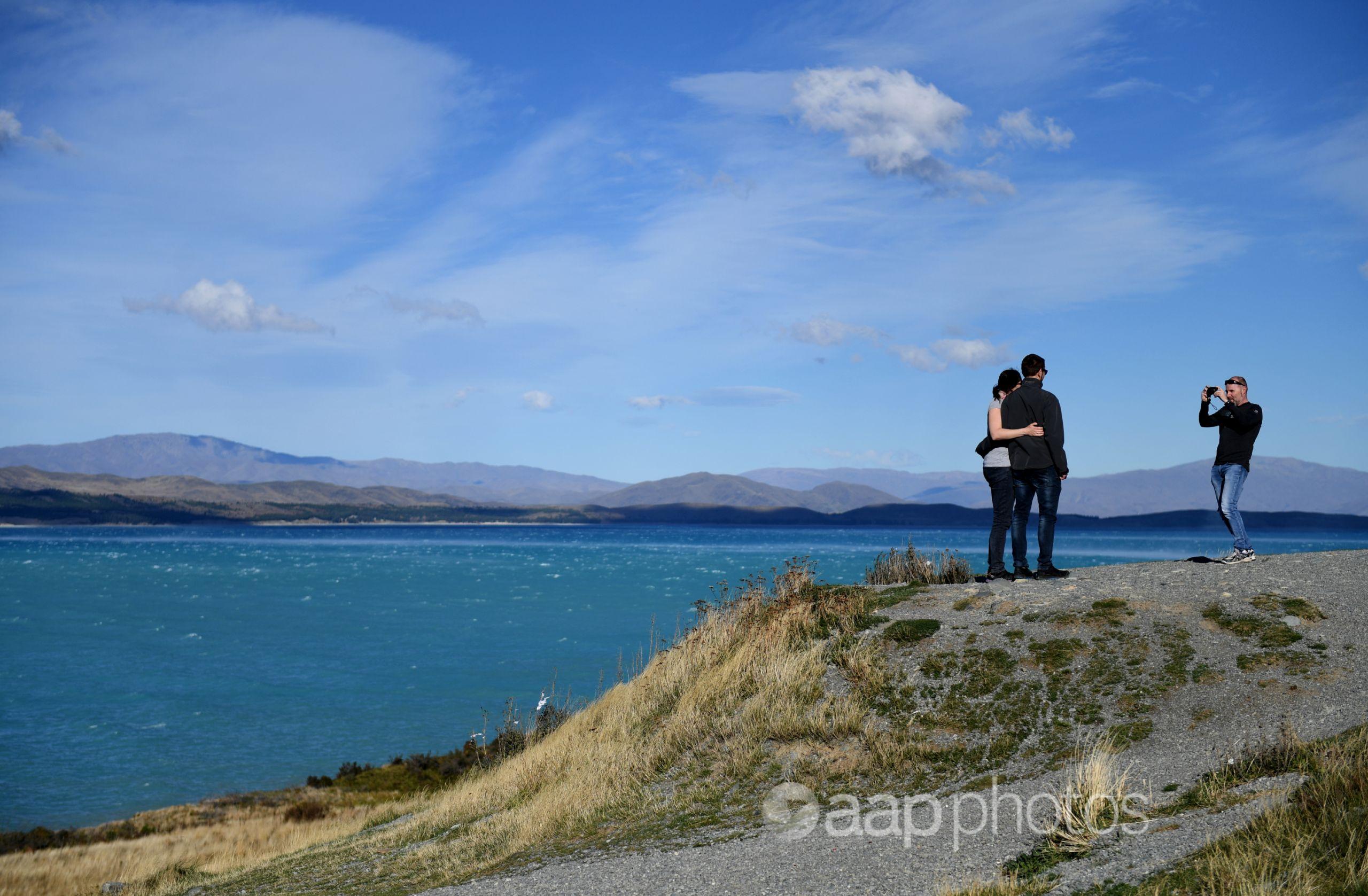
The Verdict
Based on the latest available data, AAP FactCheck found the New Zealand economy has not lost $21 billion from tourism and international students.
The border closure has severely impacted the two industries, but figures for the June quarter show spending by international students and tourists was only down 50 per cent and had not evaporated in its entirety.
False – The checkable claim is false.
* AAP FactCheck is accredited by the Poynter Institute’s International Fact-Checking Network, which promotes best practice through a stringent and transparent Code of Principles. https://aap.com.au/
All information, text and images included on the AAP Websites is for personal use only and may not be re-written, copied, re-sold or re-distributed, framed, linked, shared onto social media or otherwise used whether for compensation of any kind or not, unless you have the prior written permission of AAP. For more information, please refer to our standard terms and conditions.




